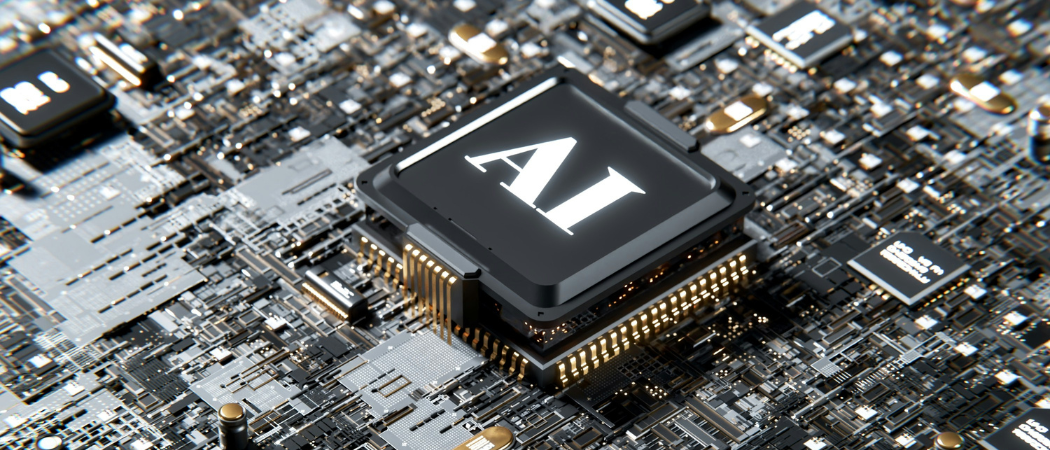There will be a new push to use AI in the public sector and an effort to prevent technology “leakage” in quantum

Photo credits: Igor Omilaev / Unsplash
The Group of Seven (G7) countries have agreed several new measures and initiatives on artificial intelligence and quantum technologies, following this year’s summit in Canada.
In a statement, the group of democracies struck an upbeat tone on AI, stressing it could help small companies and save money in the public sector.
While the group cautions that AI needs to be “responsible” and “trustworthy,” and frets about the technology’s energy consumption, it’s a more positive message than the warning issued in late 2023 that the technology could cause “serious, even catastrophic, harm” if it span out of human control.
Since then, particularly in the EU, there’s been a shift away from safety concerns to how AI might help stimulate flatlining economies and save the public money.
Specifically, the G7 said it would create a “G7 GovAI Grand Challenge” to help smooth AI’s adoption in the public sector. There will also be a new network to share information on which AI tools work to speed up public administration.
Canada’s newly elected government recently published its own plan to integrate AI into public services. The UK has claimed rolling out AI could save public administration £45 billion a year, although British MPs have raised eyebrows at this figure.
The G7 also wants to “double down” on AI adoption efforts “that connect research to practical applications,” its statement says. Mirroring EU pledges to give smaller companies access to AI compute, the G7 said it would give start-ups more computing infrastructure.
But the group, which comprises Canada, Italy, France, the UK, US, Japan and Germany, and EU representatives, also sounded a warning about AI’s thirst for energy.
“We recognise that increased AI adoption will place growing pressure on our energy grids, produce negative externalities and have implications for energy security, resilience and affordability,” the statement said.
Related articles
- What this week’s flurry of AI policymaking means for researchers
- Western democracies craft alliance on quantum technology
The G7 will back innovation that makes AI more energy and resource efficient, the statement said.
The group also committed to support more AI talent exchanges, including for students.
“We intend to expand G7 cross-border talent exchanges to connect AI expertise with businesses—including SMEs—accelerating adoption and building a future-ready workforce,” the statement said.
Quantum technologies
The G7 also released a statement on quantum technologies, a broad class of tools that use the quantum properties of physics to create new types of computers, sensors and communications.
“Significant R&D breakthroughs over the past decade mean that these technologies are now poised to create economic and social benefits,” the group said, although they could also have “far-reaching implications for national and international security, as they enable new defence capabilities and threaten current data protection systems.”
The G7 said it wanted a “trusted ecosystem among like-minded partners” on quantum and a focus on “preventing the leakage of sensitive technologies.”
Although China wasn’t explicitly mentioned, this may have been a nod to the G7’s hope it can keep some kind of edge over Beijing. For several years, democratic countries have been building an alliance on quantum technologies that excludes China.
The G7 also promised more “international exchanges between academia and industry.”





 A unique international forum for public research organisations and companies to connect their external engagement with strategic interests around their R&D system.
A unique international forum for public research organisations and companies to connect their external engagement with strategic interests around their R&D system.